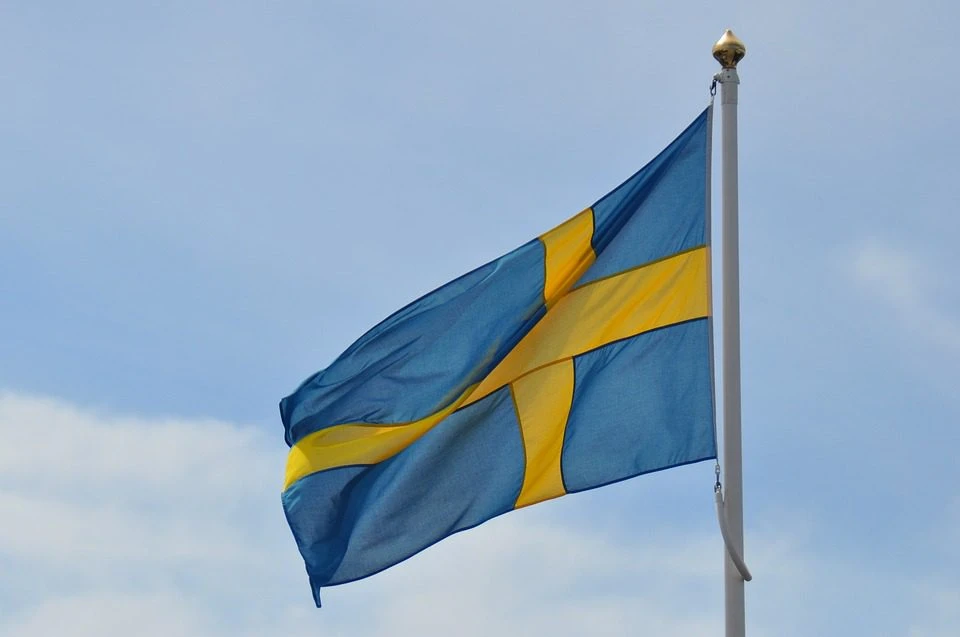Swedish court grants LeoVegas five-year operating licence

The Swedish Administrative Court of Linköping overturned the country’s gaming regulator Spelinspektionen’s decision to limit operator LeoVegas to a two-year licence, granting it approval for a five-year licence, the longest possible term.
With the re-regulation of the Swedish online gambling market on 1 January 2019, Spelinspektionen opted to offer shorter licenses to companies who had committed violations abroad which led to sanctions, including LeoVegas.
For LeoVegas, the sanctions were related to a case published by the British Gambling Commission in May 2018, in which LeoVegas received a £600,000 penalty for “failings” related to misleading advertising and the handling of customers.
The Gambling Commission found that LeoVegas produced 41 misleading adverts and failed to return funds to 11,205 self-excluded customers or customers who had closed their accounts. The operator also sent marketing material to 1,894 self-excluded customers and allowed 413 previously self-excluded customers to gamble without speaking to those customers first or applying a 24-hour cooling off period.
LeoVegas said that the failings regarding self-excluded customers were due to a “computer software error” that was “rectified as soon as it came to the company's knowledge.”
The operator said that all balances not returned to customers totalled less than £1 (€1.11/$1.22), and that the failure to return the money stemmed from “different interpretations of the regulations” between LeoVegas and the Gambling Commission. It blamed the marketing failings on its affiliate partners, noting that it had warned them to comply with the relevant legislation.
In its appeal against the shorter licence, LeoVegas argued that it was unfair to impose such a term limit based on one report from the GB Gambling Commission.
“By allowing only one press release to form the basis of this decision, Spelinspektionen did not fulfill its investigative duty,” it said.
In addition, LeoVegas said that the most serious violations cited by the Gambling Commission dated back to April 2016, which was too far in the past to justify the restriction.
The court ruled that while the violations were serious, they were far enough in the past, and that LeoVegas had since made the necessary improvements, to suggest they did not provide grounds to limit the license.
“The Administrative Court believes that these violations, both collectively and individually, are serious,” it explained. “They may also be considered to provide grounds to assume that there is a risk related to the company's ability to comply with the requirements imposed on gambling activies under the Gaming Act.
“However, this must be contrasted with the fact that the more serious violations are attributable to 2016, that is, almost three years before Spelinspektionen made its licensing decisions,” the court continued. “In addition, nothing has emerged that indicates that the company attempted to withhold information from the Gambling Commission, or that the company would not have made corrections in principle immediately after it became aware of the deficiencies.”
Spelinspektionen said that it is considering appealing the ruling.
In July, the Administrative Court of Linköping overturned Spelinspektionen’s decision to limit four licensees to one-year licenses on the grounds of concerns regarding each business’s finances. However, the court extended the four company’s licenses to four years, rather than five.
Gustaf Hagman, Leovegas Group chief executive said the decision acts as evidence that the company is operating in the right way.
“After our investments in regulatory compliance and and our experiences from regulated markets, this decision is a receipt that we are conducting a professional business,” Hagman said. “I am proud of our teams that have delivered this in the difficult-navigating environment in which we operate. The extended license gives us continued peace of mind in the Swedish market, where we take market shares month by month.
“We also see that several smaller players are leaving the market at the same time as the marketing has diminished. With our eight gaming licenses I look forward to a continued offensive expansion and this year alone we have gone live in several new markets and we will continue to focus on profitable growth.”
Vala Karimi, general counsel LeoVegas, said it understood that extensive requirements were necessary in any regulated market and it was happy to meet any targets.
”A regulated market has more extensive requirements in relation to responsible gaming with a strong consumer protection focus,” says Vala Karimi, General Counsel LeoVegas. “LeoVegas welcomed the regulation even before its introduction and sees the decision of the Administrative Court as very positive and it gives us an opportunity to continue to focus on compliance.”
